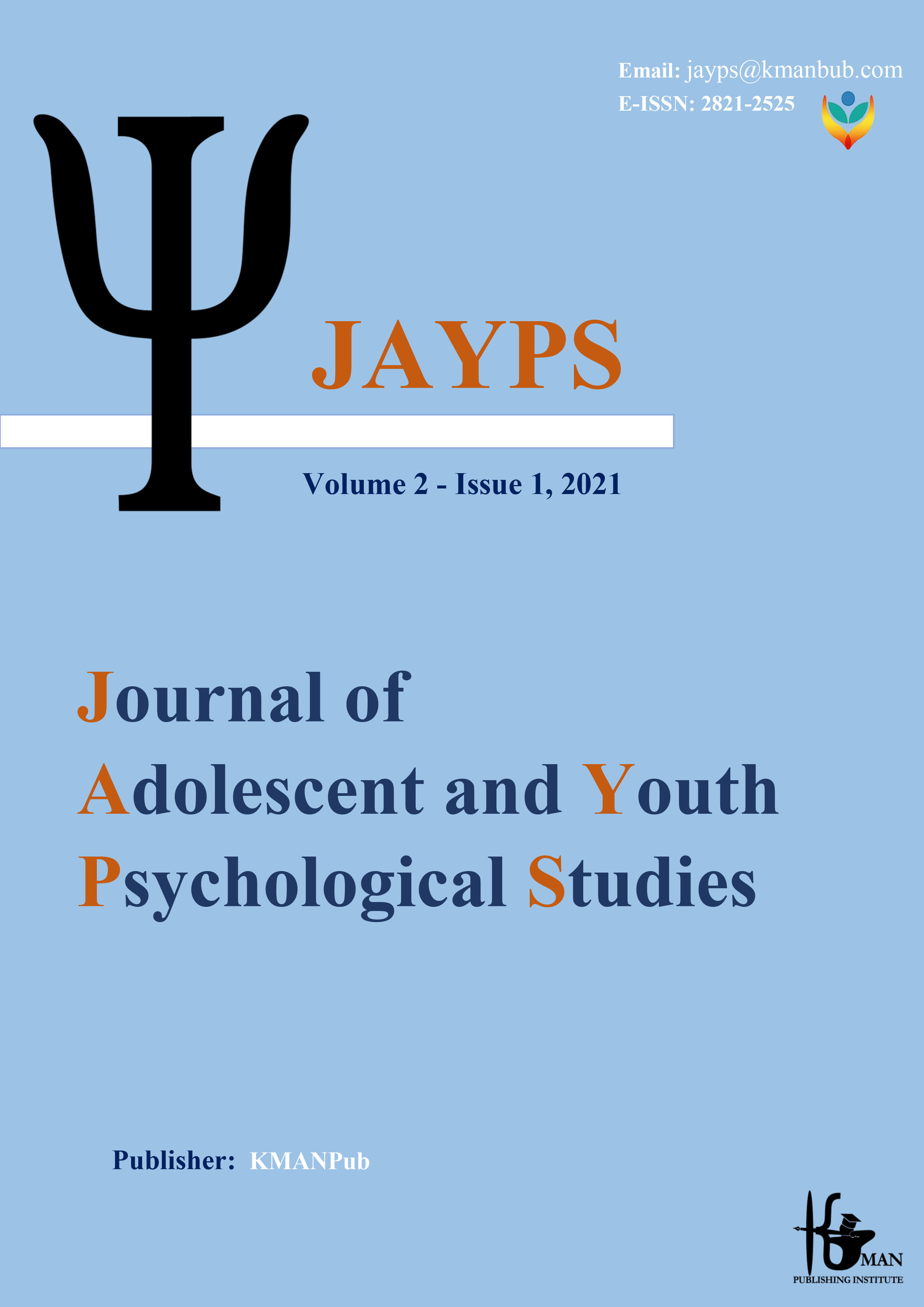Comparison of the effectiveness of emotional self-regulation training and compassion-based training on emotional maturity, ataxia, in students with a tendency to internet addiction.
Keywords:
Emotional self-regulation, compassion, emotional maturity, dyslexia, internet addictionAbstract
Background and purpose: In addition to identifying psychological harm caused by the Internet on its users, psychologists sought to find solutions to eliminate and reduce those effects, and in other ways to strengthen and strengthen the character, training and strengthening various psychological skills. There is also; Therefore, the aim of the present study was to compare the effectiveness of emotional self-regulation training and compassion training on emotional maturity, dyslexia in students with a tendency to internet addiction. Research method: The present research was a semi-experimental study with a pre-test and post-test design with a control group, and the statistical population of this research included all the students of the first secondary level of Rasht city in the academic year of 2001-2001. From among the statistical population, using the purposeful sampling method and based on the score of alexia questionnaire (Begbi et al., 1994) and emotional maturity questionnaire (Sinha and Singh, 1990) in the pre-test, 45 students who met the entry and exit criteria were the statistical sample. formed These 45 people were randomly selected into 3 groups of 15 people (2 experimental groups and one control group) who received self-compassion training for the experimental group (A) and emotional self-regulation training for the second group (experimental group B). and the control group (C) was placed on the waiting list. In order to analyze the research data, multivariate covariance analysis was used. The data were analyzed using spss-22 software. Findings: The results showed that emotional self-regulation training and compassion training significantly affect emotional maturity (emotional instability, emotional relapse, social incompatibility, personality collapse and lack of independence), ataxia (difficulty in recognizing emotions, difficulty in describing emotions, thinking) has a positive effect (p < 0.05), but no significant difference was found between the effectiveness of the two groups. Conclusion: Based on the results of the present study, it can be said that the two methods of intervention, emotional self-regulation and compassion can be effective intervention options in order to improve Emotional maturity, ataxia should be used in students with a tendency to internet addiction
Downloads
Downloads
Published
Submitted
Revised
Accepted
Issue
Section
License

This work is licensed under a Creative Commons Attribution-NonCommercial 4.0 International License.









